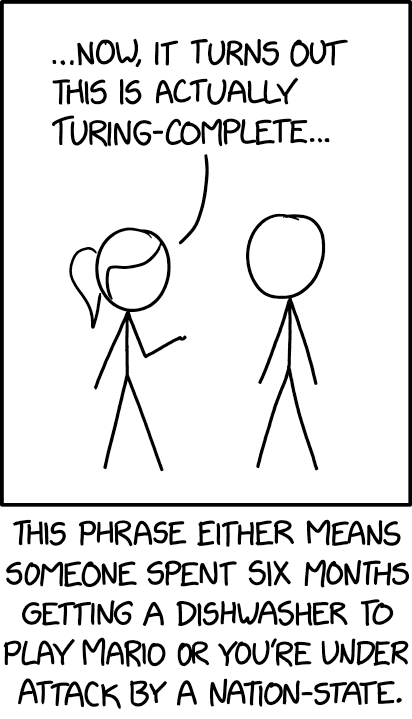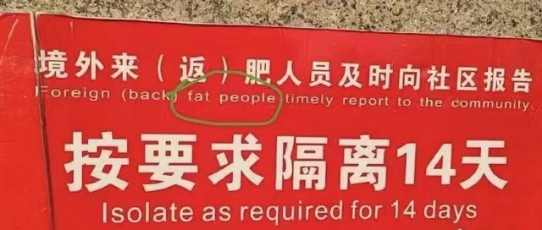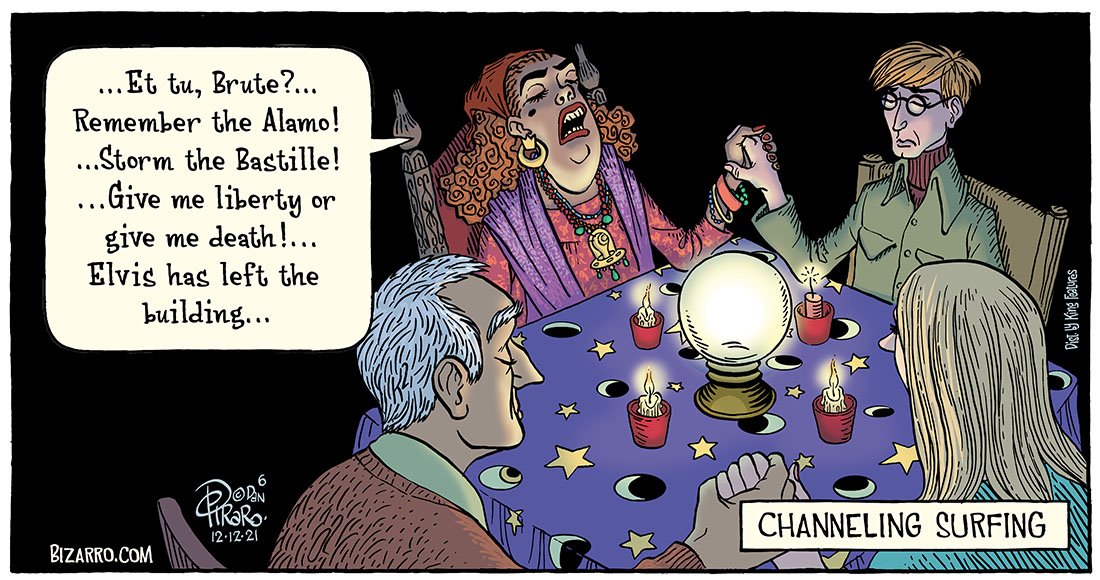Taiwanese resurgence
We have often experienced vexation and consternation over the future of Taiwanese / Hoklo, especially in light of what's happening to Cantonese in the PRC. Now comes some welcome news from Ilha Formosa. A renewal of Taiwanese has recently been spurred by a least expected source, China.
Chinese Pressure Fuels an Unlikely Language Revival in Taiwan:
Local tongues gain popularity as more people on the self-ruled island, where Mandarin predominates, disavow their connection with China
By Joyu Wang, WSJ (12/22/21)
Pranav Mulgund remarks:
A recent aversion to the CCP has pushed people in Taiwan to stop speaking Mandarin. For instance, “One enthusiastic participant is Lala Sin, a 35-year-old mother of three, who has largely avoided speaking Mandarin Chinese, the most used language in both Taiwan and China, since last winter, instead talking with her children exclusively in Taiwanese Hokkien, or Taigi (pronounced 'dye-ghee')”. Teachers of the language have experienced a tripling in enrollment from 2012 to 2020. I think it’s quite an interesting idea to revolt through language. It’s obviously not an unprecedented idea, but quite fascinating to happen in modern times.
Read the rest of this entry »



